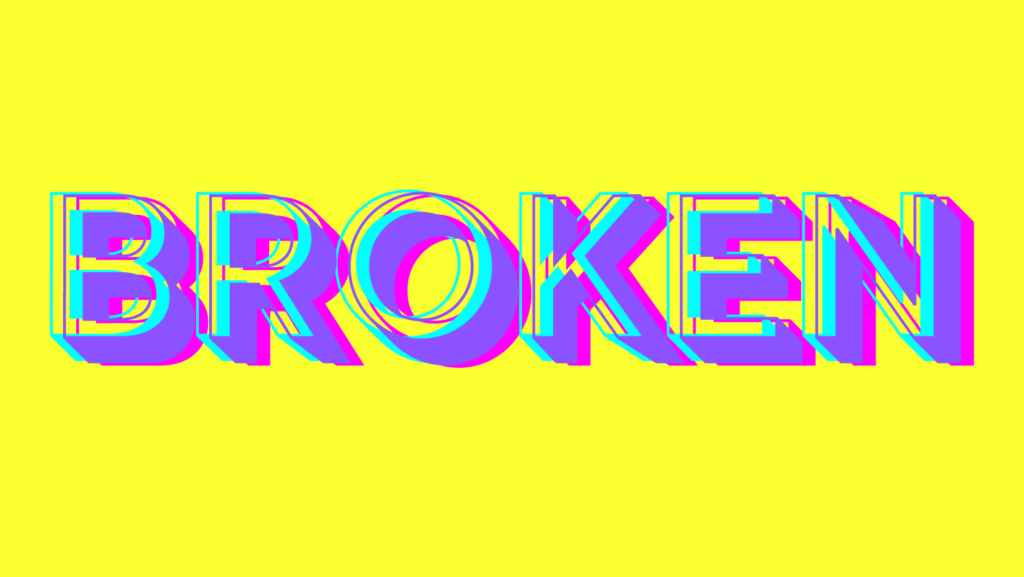This week, we’re looking at how search is broken, but before we start, I just want to break down what we mean by ‘search’. When we talk about ‘search’ in the context of digital content, we’re really talking about three things – search as a product, an audience behaviour, and a business growth model.
The product is obvious – Google and its competitors, plus the native search engines on YouTube, TikTok, etc. It’s anywhere that has a little text box where we can type in some words and hit return.
The audience behaviour is also obvious, but I want us to stop and just think about how remarkable the growth of search as a behaviour has been. At the end of the last century, hardly any of us regularly typed queries into a text box and expected a database to return an answer. If you did this at all, you were probably a researcher or librarian. Now, we all do it dozens, if not hundreds, of times a day, for all sorts of reasons, and it’s our primary way of interacting with digital networks and content. We don’t even type URLs anymore, we just start typing into the search box and expect the search engine to understand what we want.
This is an incredibly important change in audience behaviour. As the graph below shows, in just a few years we went from just a few hundred thousand searches a year to trillions. The growth of the web in the 21st century is really the growth of search as a new daily behaviour. Perhaps we are no longer Homo Sapiens, where Sapiens means ‘wise or astute’, but Homo Inquisitio – defined by inquiring and searching for knowledge. And yes, I had to use Google search to check the meaning of the Latin in both those terms.
What’s the insight?
But the thing that is really broken is the third definition – search as a way of growing a business, especially if you are a content producer. The value of search for publishers has always been about getting the top position on the SERP for relevant phrases, and then monetising the traffic Google sends you through advertising, affiliate links, or converting to subscriptions. This business model relied on one thing – traffic – coming from Google to your site. This is what’s now breaking, first by Google overloading the SERP with paid ads, and now with the threat of users seeing AI-generated results from Google’s new Search Generative Experience. In Google’s pilot of SGE, the AI responses take over almost half of the results page, and even though they include attribution links, it’s likely that many users will get what they need without having to click through to a publisher’s site. These trends mean we are moving from an internet of search to an internet of answers, and the business model implications for content publishers are severe, as the digital publishing expert Ian Betteridge warns:
“I estimate that publishers have a window of between three and five years to change content strategies to adapt to this new world, depending on the speed of user adoption. It could be faster.”
What’s the counter argument?
That could be the case, as we don’t really yet know how audience behaviours are going to change as a result of AI and search integrations. But personally, this optimism seems to rely on two things – emerging audience behaviours, and the product decisions of the big search engines – that are out of publishers’ control. So it’s good to be optimistic, but I agree with Ian Betteridge that publishers should prepare for the worst scenario now, as they will have little influence on how AI and search plays out as a product or user behaviour.
At Storythings we’ve been thinking and writing about how AI is going to change the way we interact with the web for a few years now. As people who are obsessed with audience attention and behaviours, we’re deeply curious about whether we’re going to see completely new behaviours that will become as important in a few years as search is now. We’re also helping our clients think about how these behaviours will affect the way audiences discover and engage with their content. We’d love to hear what you think – is search breaking as a way of driving audiences to your content? Is AI going to fundamentally change the way we interact with search and the web?
